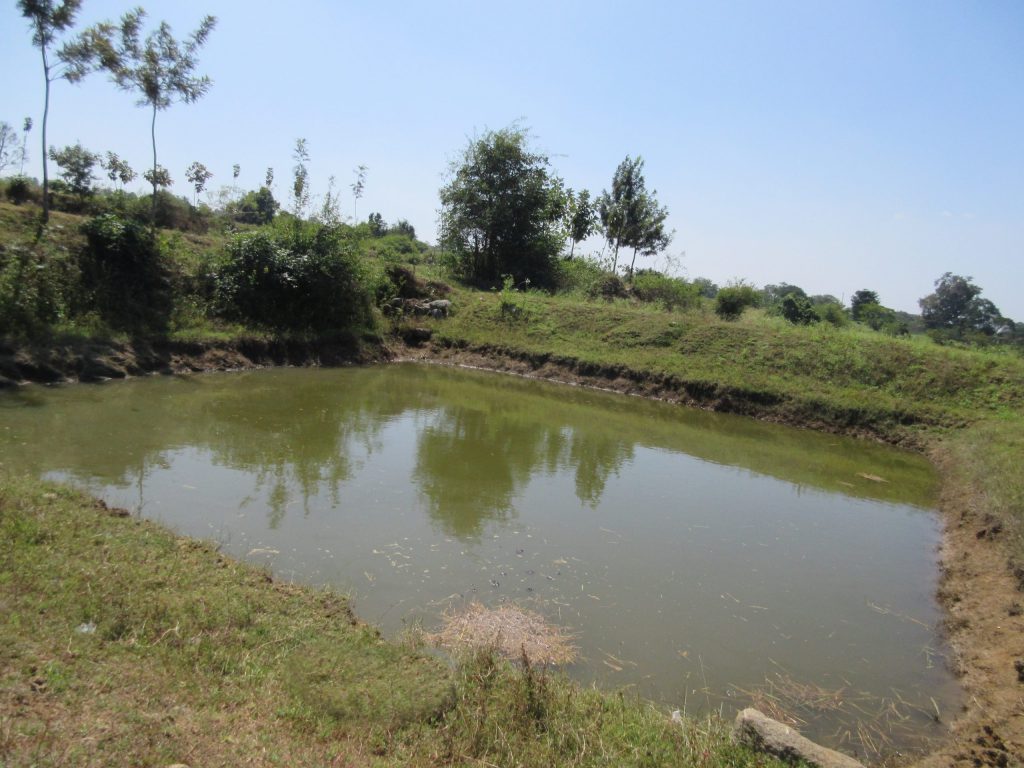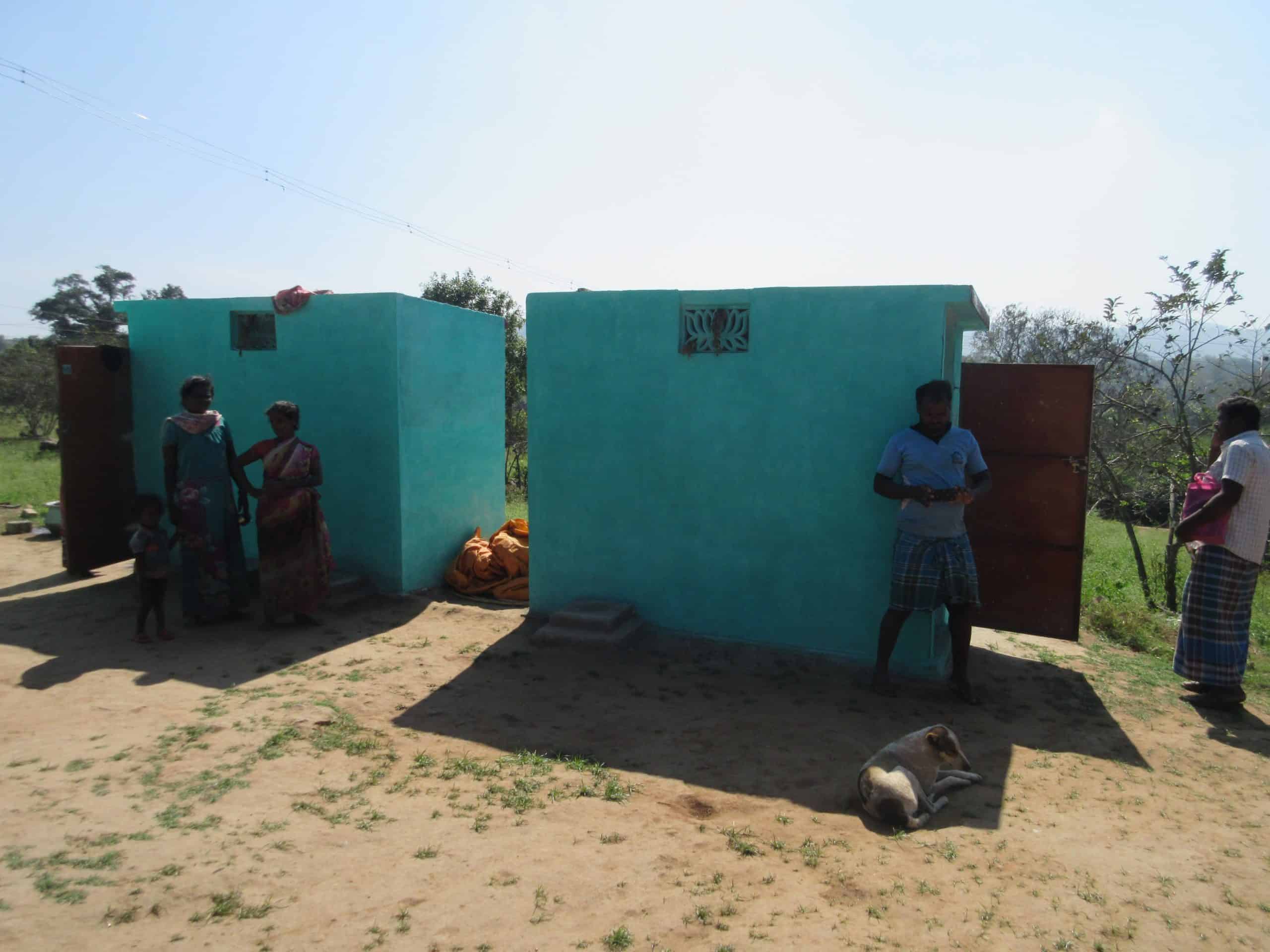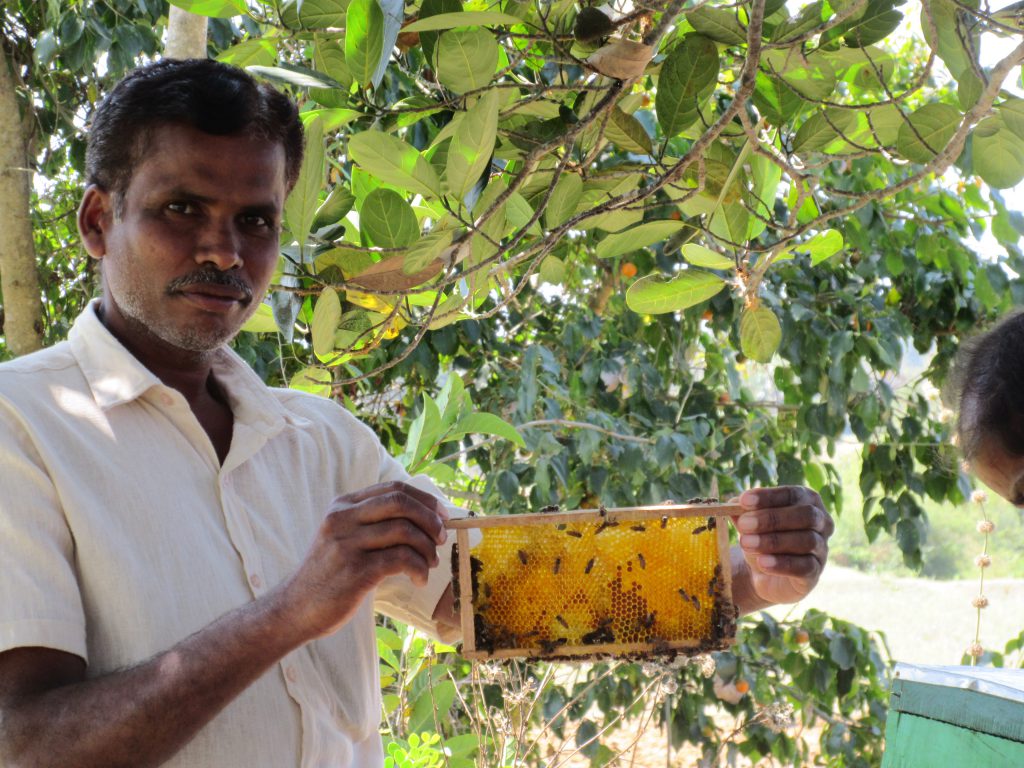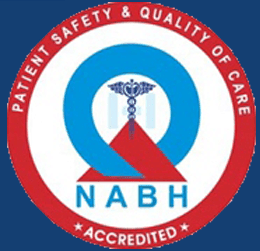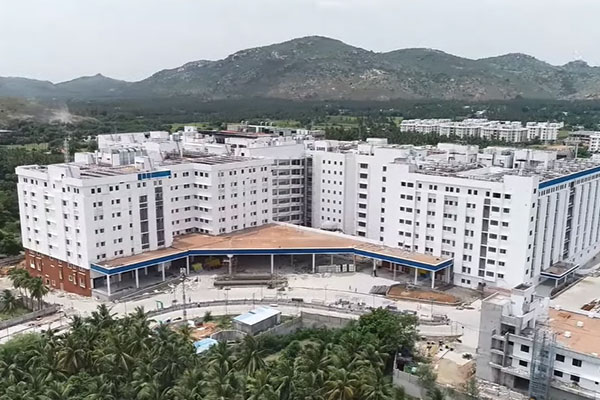Health and economic independence for tribal people
Providing holistic care for the disadvantaged
The Jawadhi Hills are close to Vellore, but very different from the plains. Many of the villages and hamlets can only be reached on foot or by an adventurous two wheeler ride.
CMC’s Community Health And Development team (CHAD) has been working in the area since the 1980s. To begin with CHAD ran mobile clinics. But now they are also working with a local partner to improve sanitation, education and economic development. Substance abuse is a serious problem that they are trying to counter. They also advocate for peoples’ rights and help them access government benefits and allowances. This will all have a long term impact on health. This web page is about just a small part of what CHAD does – you can read more about Community Health Department here.
Poor Health, Literacy and Development
In the hills of Jawadhi, the overall health, literacy and development indicators across all the different age groups are poor compared to those living in the plains.
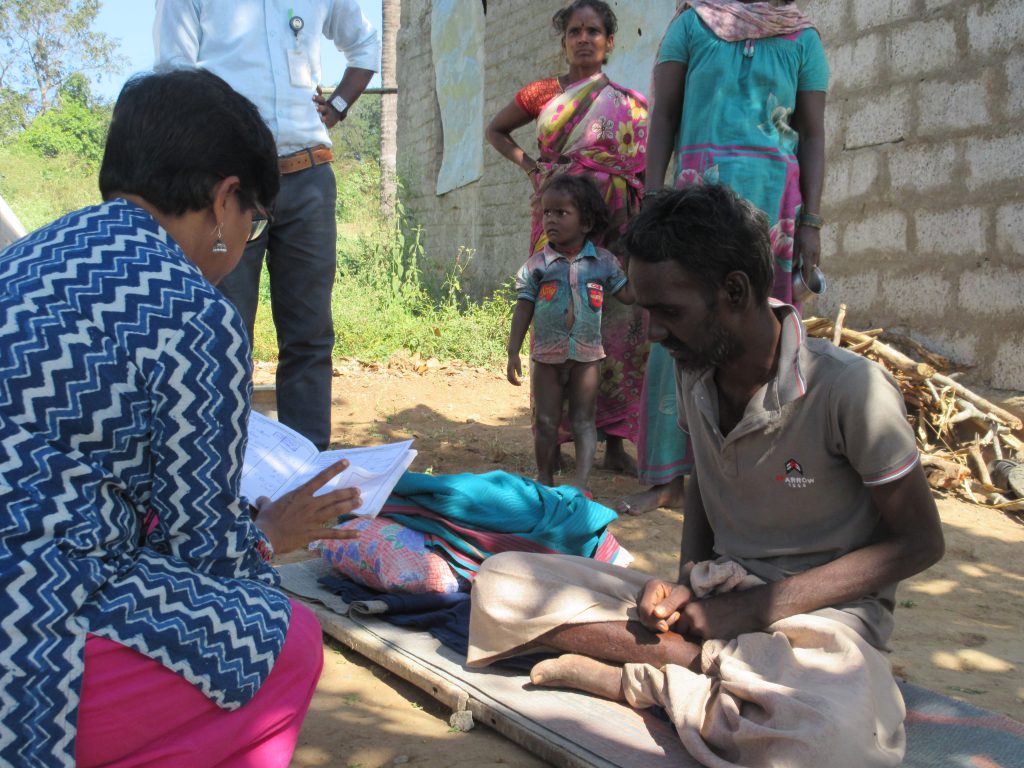
This is primarily due to poor health care infrastructure. The villages are quite a distance from the towns and facilities in the plains. They are 36 miles away from CMC Vellore and it can take 3 hours to do the journey. This is because you usually have to walk for the last part of the journey, there are no roads to some villages.
As it is difficult to get to the big towns and the hospitals there, Jawadhi needs its own health care services. Currently. within the hills they have limited health services, for example, more than 50% of the children are born at home. The problems extend beyond their health, they also have a low literacy rate compared to the plains and inadequate quality education. Many other factors influence these such as
- no opportunity for local employment,
- dependence on subsistence farming,
- migratory labour and
- a poor relationship with administrative structures.
Historically, the tribal people have not trusted people from the plains. They seek healthcare only when someone is very sick. Sadly, this leads to a high mortality rate and huge economic burdens due to illnesses.
The Community Health department has worked in health outreach programs in the Jawadhi hills since the 1980s. Building relationships and building trust.
CHAD Mobile Clinics
Many of CHAD’s general health services are provided through mobile clinics. A vehicle with doctors and nurses visits the villages. The patients don’t need to come to the hospital building. The mobile clinic sees anyone. Most problems are dealt with there and then in the village. But a few people are advised to come the CHAD hospital.
Initially outreach programs were primarily to treat Hansen’s disease – leprosy – in the hills. The good news in that few people now have Hansen’s diesase. So, we broadened the program to include general medical care. This includes blood pressure treatment, diabetes management etc.
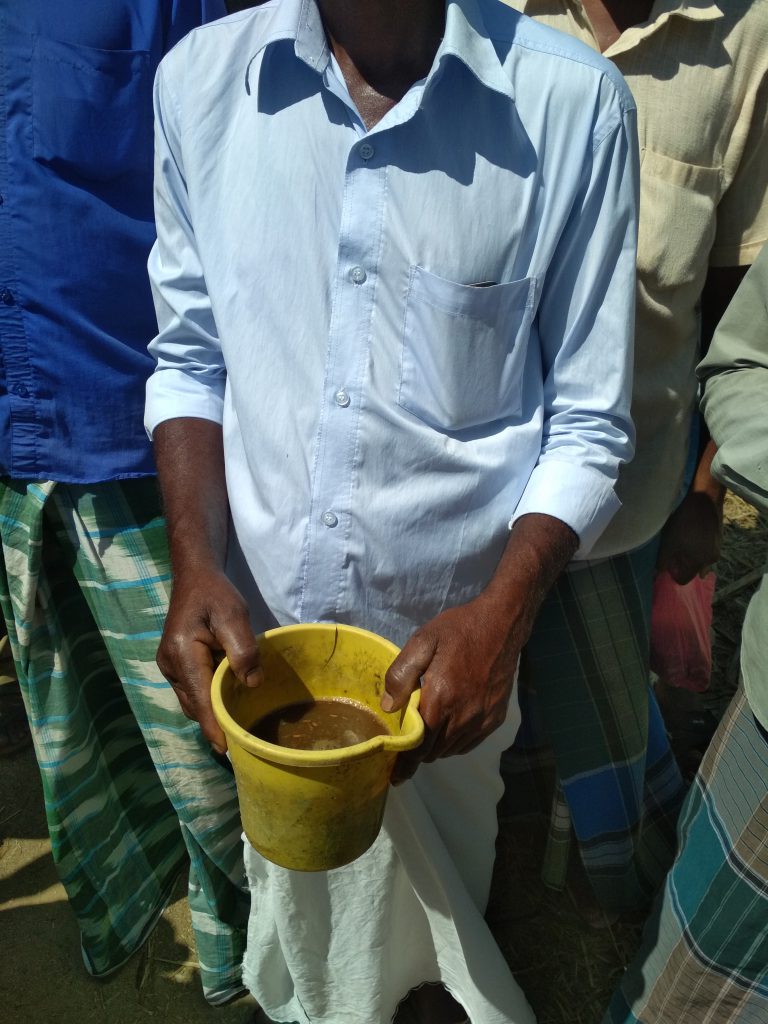
CHAD Adds More Services to help Health and Development Needs
In 2008, CHAD took the step to provide more than just healthcare. We expanded our program to address the development needs of the people in the hills.
What we hope to achieve with the new program:
Health:
- To decrease Infant mortality and maternal mortality 50% in 5 years. So less young babies and fewer mothers die.
- To increase childhood immunization to 80% in 5 years. Vaccinate more children so they get fewer illnesses.
- To increase access to antenatal care to 100% in 2 years. Making care for pregnant mums-to-be available for all within the Jawadhi hills.
- To provide access to adequate treatment for Tuberculosis, leprosy and non-communicable diseases. This is a very broad aim looking at the medical problems that the people have. Basically, they want to have enough staff and clinics to be able to see everyone when needed.
- To provide access to emergency care 24 hrs a day. So CMC wants to have staff actually living in the hills to provide care any time of the day on any day as needed. To do this they need somewhere to stay and provide the clinic.
More than Just Healthcare – Development:
- To provide access to primary education for the local children. Make schools, both buildings and teachers, available for all the children under 11 years old.
- To provide access to vocational training to all villages. Training within the villages that prepares people for specific jobs eg carpentry, tailoring.
- To decrease migration by 50% in 5 years. Migration occurs because the young people cannot get jobs locally. So they travel to the plains to work.
- To decrease school dropout to 20% up to the 10th standard. Many children drop out of school before they are 15 years old. There are many reasons for this so it will be a multi-pronged approach.
- To help students get access to higher education in mainline or technical courses for employment. A lot of this is due to the cost of education. So CMC has grants to pay for higher education for the Jawadhi hills students.
- To decrease the hazardous use of alcohol to 30% within 5 years. There is a high use, and abuse, of alcohol, usually among the men, within the hills. This causes many medical and social problems. So they want to help people stop drinking alcohol.
Can you help?
There are many ways funds that help the villagers in the Jawadhi Hills. You can donate funds to help them. Do you want to know more about the different funds for Jawadhi Hills? if so, you can email the development office.
Photos of some of the projects CHAD has helped with in the Jawadhi Hills
